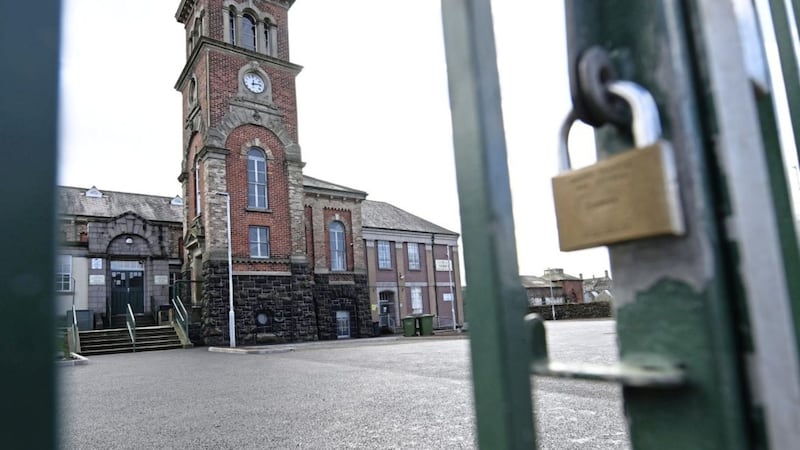THE government is changing its coronavirus strategy, following a bombshell report by its scientific advisers at Imperial College London.
The impact of the report could be seen at Downing Street's press conference this Monday, when the prime minister signalled a move from 'mitigation' to 'suppression'.
Mitigation was wrongly termed 'herd immunity' after England's chief medical officer used that term last Thursday, mentioning it as a possible long-term benefit.
However, the goal of the strategy was simply to flatten the peak of the epidemic before the summer to enable hospitals to cope.
Imperial College has found this will not work, as coronavirus is more infectious than assumed.
Planned mitigation measures would flatten the peak but the NHS would still be overwhelmed and deaths compared to doing nothing would only halve, which is unacceptable.
So the alternative is suppression, described in the report as "social distancing of the entire population", aimed at stopping the spread of infection instead of merely managing it.
This accords with the latest World Health Organization advice and strategies in a number of EU countries, including the Republic.
In Northern Ireland, we are distracting ourselves with an emotive school closure row that could be irrelevant and is already a parody of the scrapping of the 11-plus, with competing 'Catholic' and 'Protestant' alternatives emerging
Unfortunately, it does not solve the Stormont and cross-border arguments we have experienced over the past week.
Even in a draconian suppression scenario the report is non-committal on school closures, finding any reduction in infections might be offset by reduced capacity in hospitals, as health workers stay at home to look after their children.
The real shock in the report is that it finds suppression will not work either, at least as the public has been allowed to understand it.
Measures amounting to a near shutdown of society must be maintained until a vaccine is available, estimated to take 12 to 18 months.
Otherwise, the peak will return as soon as measures are lifted. If this happens in autumn or winter, the impact will be worse than adopting mitigation now.
The report says the necessary measures, with or without school closures, are unlikely to be sustainable for 12 to 18 months.
Nor is there any guarantee a vaccine will become available or be sufficiently effective.
The only way to manage this open-ended situation will be to periodically relax suppression through "adaptive hospital surveillance-based triggers".
In other words, brief interludes of relative normality before slamming the brakes on again as the wards fill up.
It is hard to avoid the conclusion this is also hoping for long-term herd immunity - although that is far from certain with a coronavirus-type illness.
The Imperial College report is not an outlier. The University of Edinburgh says it expects the World Health Organization to accept lengthy suppression is unsustainable and downgrade its advice.
Northern Ireland's political argument to date is obviously dwarfed by these implications.
Stormont's plan, based on accepting similar scientific advice to London, would overwhelm hospitals this summer and seems to assume the crisis will be over by September.
Dublin has only announced suppression measures until the end of this month, yet September next year is the correct time-frame for its approach.
Nobody is confronting the public with the new reality of a disease we will have to live with for the foreseeable future by periodically switching off large parts of society and the economy.
In Northern Ireland we have distracted ourselves with an emotive school closure row that could be irrelevant and became a parody of the scrapping of the 11-plus, with competing ‘Catholic’ and ‘Protestant’ alternatives emerging.
In light of the Imperial College Report it is clear that providing safe childcare for health workers is the urgent first step to addressing this dispute, consistent with everyone's concerns.
Stormont and Dublin could then assess the wider issues of education, transmission and sustainability.
Despite the rows of the past week, political institutions are holding together. The executive agrees on everything apart from school closures. Sinn Féin and the DUP are both plainly trying to avoid a breakdown in relations (Sinn Féin is more interested in attacking Alliance).
The North-South Ministerial Council is providing a cross-border forum to work through disagreements.
The DUP seems onboard with all-Ireland cooperation, while Taoiseach Leo Varadkar has insisted differences are only about "timing".
In truth, there are more profound differences over the science and what can be done in practice.
However, no government has any objective but to minimise fatalities.
That point must be emphasised if we are to get through the difficult decisions ahead without rancour and paranoia.
It will not be possible to coordinate any response to coronavirus in a society that divides over it.








